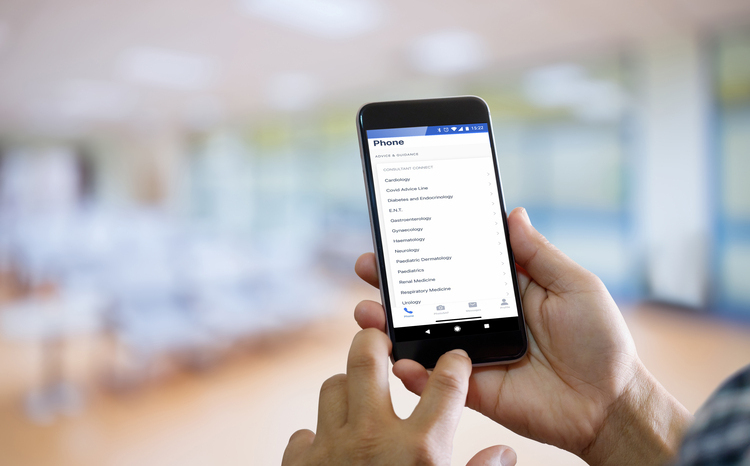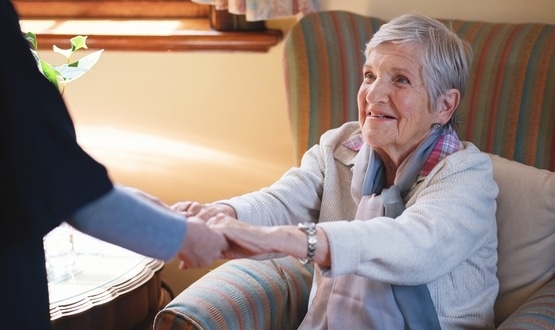Birmingham telehealth cuts admissions
- 8 February 2011

A telehealth project run by NHS Birmingham East and North has led to an 86% drop in hospital admissions among those taking part for at least a year.
The primary care trust has been working with Honeywell HomMed to deploy devices that monitor blood pressure, oxygen levels and weight to people with chronic obstructive pulmonary disease and diabetes.
The monitors send trending information back to a call centre, which can contact the patient if there appears to be a problem.
Seventy four patients had been given the monitors by December 2010 and have had them for a full year.
Figures given to eHealth Insider suggest that they were admitted to hospital 175 times in the year before they received the monitors, and spent 1,353 days in hospital.
Since using the technology, their admissions have dropped to 24, leading to a total of 291 days in hospital.
The PCT says the reduction has saved it £276,000. Prior to the technology being implemented, the admissions would have cost £348,000, while the lower level of admissions cost £72,500.
The devices cost £1,000-£1,500 – totalling around £100,000 a year for 74 patients – and around £50,000 is spent on staff monitoring the trends in the data.
John Grayland, senior strategy and redesign manager at NHS Birmingham East and North, told EHI: “The devices have now been rolled out to 180 people and they love them.
“Only around 10% of those offered them give them back; usually because they find them intrusive.
"There have been occasions where people who no longer need them lock their door so we can’t get the back.”
He added: “There are a lot of cultural barriers and in many instances I think there’s transference of fear from the healthcare professionals, particularly if they think it might replace their job.”
The project stemmed from the Birmingham OwnHealth programme, a partnership between the PCT and NHS Direct that provides health advice through a telephone service.
The trust is rolling out the devices to members of the OwnHealth project but says that it does not intend to deploy them on a large scale.
Grayland said: “We would rather provide them to 100-200 extra patients a year and grow organically; so that we make sure that the devices are targeted at the right people."





